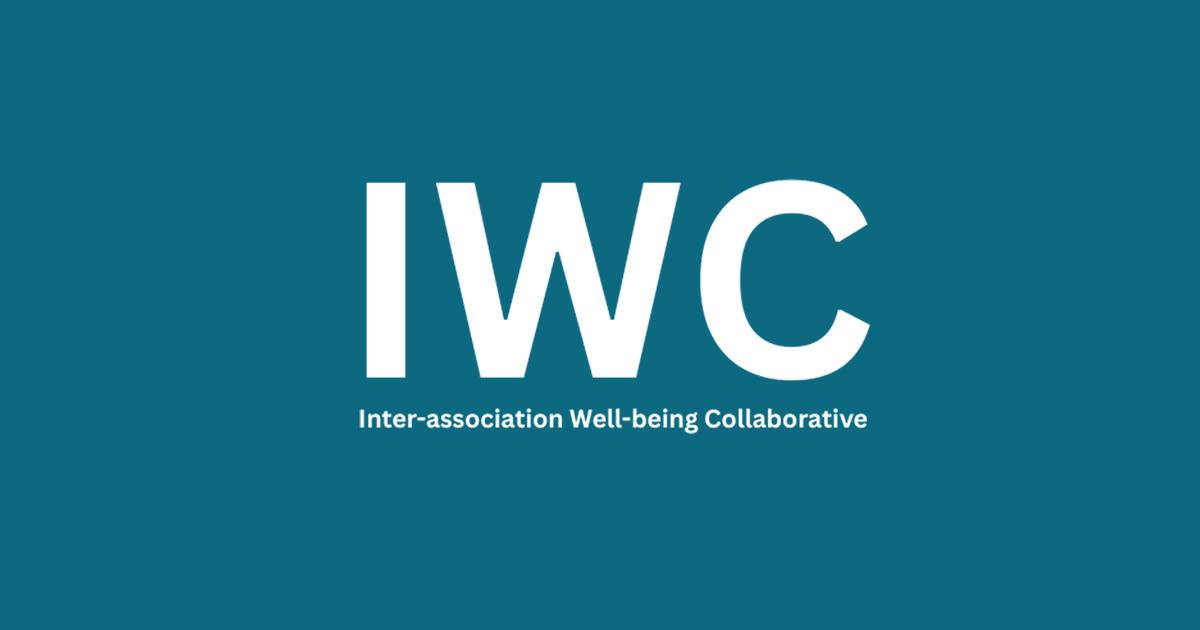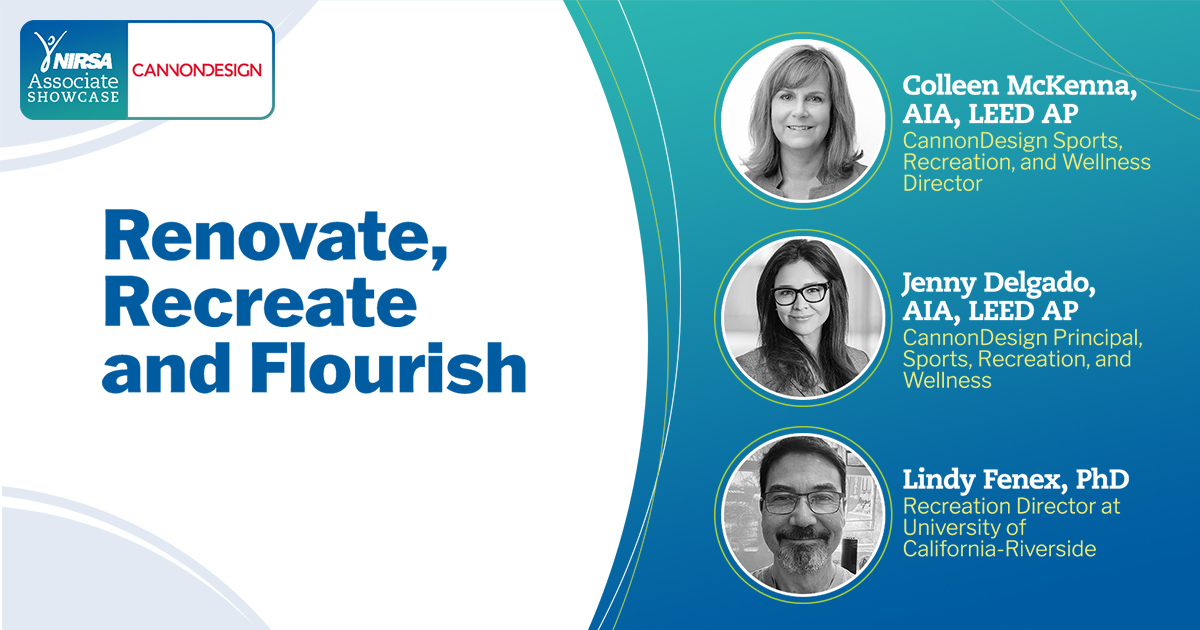It can be difficult to put yourself in another’s shoes in the best of times. And in a world reckoning with pandemic fallout, political tensions, and social change, it can seem impossible.
“We’re at a period in our society where I feel like everyone is trying to convince everyone else that they’re right and the opposite side is wrong, and it’s very binary in nature,” says Micah Walters, West Coast Regional Manager at Mondo, a NIRSA Platinum Partner.
Micah and co-host Jason Foster, adjunct instructor at West Virginia University and UNC-Wilmington, encouraged NIRSA members to consider their interactions with those who see the world from a different point of view. In the September 27 webinar “Thinking Again,” they referenced the book Think Again by Adam Grant as a guide for recognizing preconceptions, identifying knowledge gaps, and challenging assumptions and biases to rethink those interactions.
This is a can’t-miss discussion for anyone wanting to improve their skills engaging with differing viewpoints in their personal lives and professional work. Register here for the recorded content, which is free for NIRSA members and nonmembers alike.
Be a scientist
The book presents four archetypes of individuals engaging in disagreements or with others who have a different perspective: preacher, prosecutor, politician, and scientist. Micah shared personal anecdotes of presenting as the “politician,” perhaps coddling favor to bring people to his point of view, but said we should strive to be the scientist: Look for answers without a specific outcome, have humility in work and life, and adapt thinking as new knowledge is presented. But adapting is the hard part.
“We cling to our assumptions, to our instincts, to our habits,” Jason said. “Well, where’s the room in there for having an open mind?”
Jason asked attendees to stay true to their values but rethink their skillset of engaging with new knowledge. Is it welcome? Is it a threat? Break-out room discussions explored this topic in the day-to-day work of campus recreation professionals. Jason asked attendees to share annoying responses to new ideas (i.e., instead of “rethinking”) and why they’re problematic. Attendees reported hearing feedback like:
- “The vice chancellor will never support that.”
- “That’s the way we’ve always done it.”
- “That just won’t work here.”
“It’s our responsibility to say, ‘Okay, maybe the whole idea might not work, but what could work?’” attendee Stefani Plummer, Administrative Assistant at California Baptist University, said, highlighting the importance of morphing good ideas to fit institutional culture and processes. “As leaders, if we constantly are telling our teams that it’s not going to work here without allowing them to process through, we’re setting the team up for failure in that they’ll never progress. They’re never going to move forward if we’re shutting them down.”
Know what you don’t know
Jason cautioned against being an “armchair quarterback,” who overconfidently presumes to have all the answers. Accepting there’s a lot we don’t know or don’t have competency in allows us to keep an open mind and analyze information as it is presented.
He quoted Grant’s book introducing the concept of unlearning: “Something doesn’t become the truth just because you believe it.” Unlearning could mean challenging long-held beliefs and being excited about being wrong. Jason compared it sharing TIL (today I learned) stories online: We share new knowledge with others because we’re excited about what we learned. Uncovering where we’re wrong in our professional lives could lead to more successful businesses and programs.
Ask, listen, and empathize
Micah emphasized this is a learned process, a skillset to cultivate. When interacting with someone who holds a different point of view, approach it from a perspective of curiosity and learning instead of overconfidence in your position. He introduced the idea of “influential listening,” in which you ask the other person meaningful questions about their ideology, helping them think through and challenge their own perspective instead of focusing on persuading them to your side.
Simplification of issues into binary categories also creates conflict, and “complexifying” may lead to more fruitful conversations.
“Just because someone isn’t on the same part of the continuum as you doesn’t mean they’re on the opposite side,” Micah explained.
In another breakout, attendees discussed ways to implement “rethinking” into their lives and work. Having empathy in challenging conversations is foundational, as emotion influences everyone differently every day. Even with rethinking and unlearning, it’s essential to approach opposing opinions with empathy.
In closing thoughts, Jason reminded attendees that new habits are hard to form and bad habits are hard to break, so unlearning must be a conscious effort: “Always challenge the way you’re rethinking (or not).”
About Mondo
Mondo has been an associate member of NIRSA for more than 20 years and a supporting partner of the Association since 2007. Thousands of athletes have competed on Mondo tracks and sports floors since the company’s founding in 1948. A manufacturer of rubber sports surfaces for weight rooms, cardio areas, tracks, gyms, and more, Mondo maintains a bottom-up mindset that involves athletes from the very first stage by engineering products shaped on their real needs, made specifically to reach new levels of performance.
- For more information about NIRSA’s Associate Showcase and sponsored content opportunities, please contact NIRSA Expo & Corporate Relations Coordinator Kelley Hungerford.
Kelley Hungerford is currently the Assistant Director of Expo & Corporate Relations at NIRSA.








